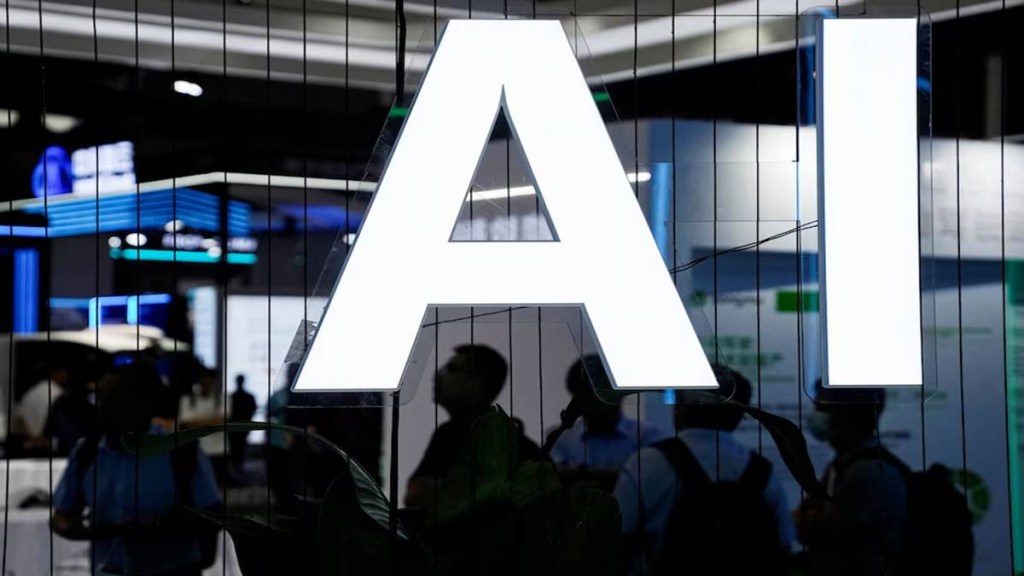AI, analytics, and cloud technology have emerged as the “holy trinity” of the future workplace, fundamentally altering traditional roles, according to Future of Work report released by Nasscom and Indeed India, on Friday.
The report, titled Balancing Priorities in an AI-Driven World, highlights that AI/ML (artificial intelligence and machine learning) and analytics as the most sought-after job families, with cybersecurity overtaking cloud as the second-most in-demand domain. The top roles in demand include data scientists/analysts, AI/ML experts, cybersecurity specialists, cloud architects/engineers, and DevOps engineers.
Organisations are emphasising technical skills, analytical thinking, and problem-solving abilities as essential hiring criteria. For both the current and future workforce, skills in AI, generative AI (GenAI), creativity, communication, and leadership are regarded as crucial.
“The future of work, workforce, and workplace continues to evolve as organisations embrace a ‘people-centric’ approach,” Sangeeta Gupta, senior vice president and chief strategy officer at Nasscom said. “Advancements in technologies, particularly AI and ML, are reshaping the skills required — spanning technical expertise and analytical or soft skills.”
Generative AI Gaining Momentum
Over the past year, GenAI tools have transitioned from experimental to mainstream, finding applications in coding, content creation, and more. Students, representing the future workforce, are using GenAI to enhance learning, improve communication, and explore mentorship opportunities.
Approximately 70% of the current workforce expressed confidence in their readiness for future job roles, citing upskilling initiatives as a key factor. This reflects a collective commitment to adapt to an AI-driven job landscape through organisational programmes and proactive self-learning.
Sashi Kumar, head of sales at Indeed India, said, “With nearly 70% of respondents eager to apply new skills in real-world settings, the report underscores the need for organisations to bridge the gap between current readiness and future demands. By combining human creativity with AI-driven innovation, businesses can lead confidently in this new era of work”.
Organisations are leveraging AI in recruitment processes, from automating CV screenings to creating gender-neutral job descriptions. These advancements aim to humanise hiring while enhancing efficiency.
“Indeed and Nasscom come together to bring unmatched insights to critical conversations about the future of work,” Kumar added. “This partnership highlights the importance of upskilling, hybrid models, and adapting to automation.”
Hybrid Work and the Rise of the Gig Economy
The workplace is becoming increasingly hybrid, although the return to offices is gaining momentum, with time spent in offices increasing by 1.2 times. This shift is driven by factors such as stronger cultural connections, enhanced collaboration, and immersive learning experiences, the report said.
In parallel, the gig economy is expanding, with 35% of the current and future workforce expressing willingness to take up gig opportunities, up from 23% and 28%, respectively, the previous year. Generative AI, automation, cybersecurity, digital transformation, and data engineering are among the skills driving demand for gig roles in technology.
Further, the report said that Gen Z and Millennials continue to dominate the tech workforce and job satisfaction, security, and work-life balance remain critical for both groups.








